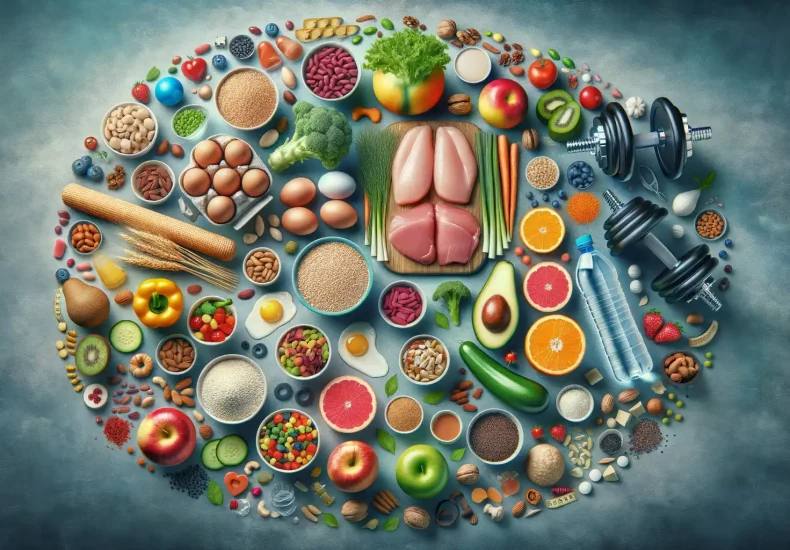
The Importance of Nutrition in Reaching Your Fitness Goals
Understanding the Connection Between Nutrition and Fitness
Fueling Your Fitness Journey: Why Food Matters
Imagine trying to drive a car on an empty tank—no matter how determined you are, you’re not going anywhere. That’s exactly what happens when you neglect proper nutrition while chasing your fitness goals. Every bite you take is either powering up your body or slowing it down. It’s not just about calories; it’s about the quality of those calories.
Think of food as your ultimate workout sidekick. When you’re building strength, for instance, your muscles crave protein to repair and grow. Skimping on that? You might hit the gym every day and still struggle to see results. On the flip side, filling up on empty carbs before a HIIT session can feel like putting diesel in a sports car—it’s just not made to handle that kind of fuel.
- Protein: Think chicken breast, tofu, or lentils. This is your muscle-builder.
- Healthy fats: Avocado and nuts keep you satiated and support endurance.
- Carbohydrates: Sweet potatoes or quinoa provide energy for those epic workouts.
Your meals don’t just affect your energy levels but also recovery time. Ever felt sore for days after leg day? Well, without nutrients like omega-3s and antioxidants (hello, salmon and spinach!), your body struggles to bounce back.
The Science of Timing: When You Eat Matters
Timing your meals is another superhero move. Imagine eating a huge plate of pasta right before your run—it’s like asking your stomach to jog along with you! Instead, try eating lighter, fast-digesting snacks like a banana or some Greek yogurt about 30 minutes before working out. Post-workout? That’s when your muscles scream for a mix of protein and carbs to replenish glycogen levels and kickstart repairs.
Don’t underestimate hydration, either. Forgetting to drink water is like forgetting to put oil in your engine. Your workouts will sputter, and fatigue will creep in much faster than expected. Keep a bottle handy during the day and listen to your body’s signals.
Nutrition isn’t just science—it’s the art of understanding what fuels *you*.
Key Nutritional Components for Fitness Success
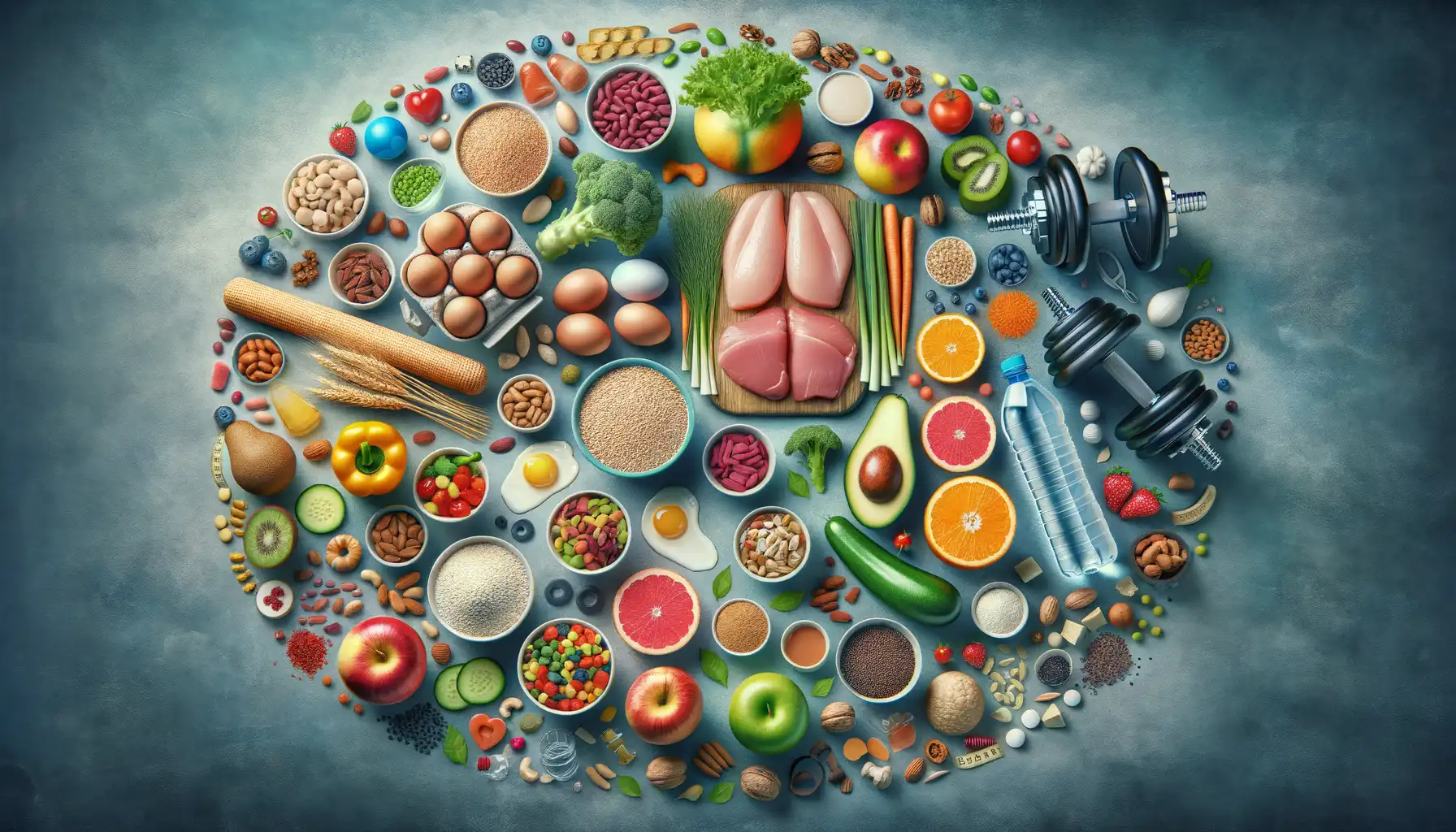
Fueling Your Body with the Right Nutrients
Imagine this: your body is like a high-performance sports car. Without premium fuel, it sputters and fails to hit top speed. The same goes for your fitness journey! To crush your workouts, recover faster, and feel unstoppable, you need the power of key nutritional components.
Let’s break it down—because no one has time for guesswork when it comes to health:
- Protein: Think of protein as your body’s repair team. After intense exercise, your muscles need these tiny building blocks (amino acids) to grow stronger. Eggs, chicken, or plant-based options like lentils? They’re your muscle-making MVPs.
- Carbohydrates: No carbs, no energy—it’s that simple. They’re your main source of fuel, helping you crush that extra set of squats or finish strong on a long run. Reach for whole grains, fruits, and sweet potatoes for slow-burning energy.
- Fats: Not all fats are bad! Healthy fats, like those in avocado or nuts, keep your hormones balanced and your joints happy while providing long-term energy.
- Hydration: Feeling sluggish mid-workout? Your body might just be begging for water. Hydration keeps every cell functioning at its best—add electrolytes if you’re sweating buckets!
Micronutrients: The Unsung Heroes
While macronutrients often steal the spotlight, micronutrients deserve their moment of fame too. Minerals like magnesium and potassium keep your muscles contracting properly (hello, leg day saviors!), while vitamins such as B12 supercharge your energy levels. Lacking these? You’ll probably feel as sluggish as your phone battery at 5%.
And don’t forget antioxidants like vitamin C—think juicy oranges and colorful berries. They fight off inflammation after tough workouts so you bounce back faster.
Remember, nutrition isn’t about restriction; it’s about giving your body what it needs to shine in every workout—and in life!
How to Align Your Nutrition with Your Fitness Goals
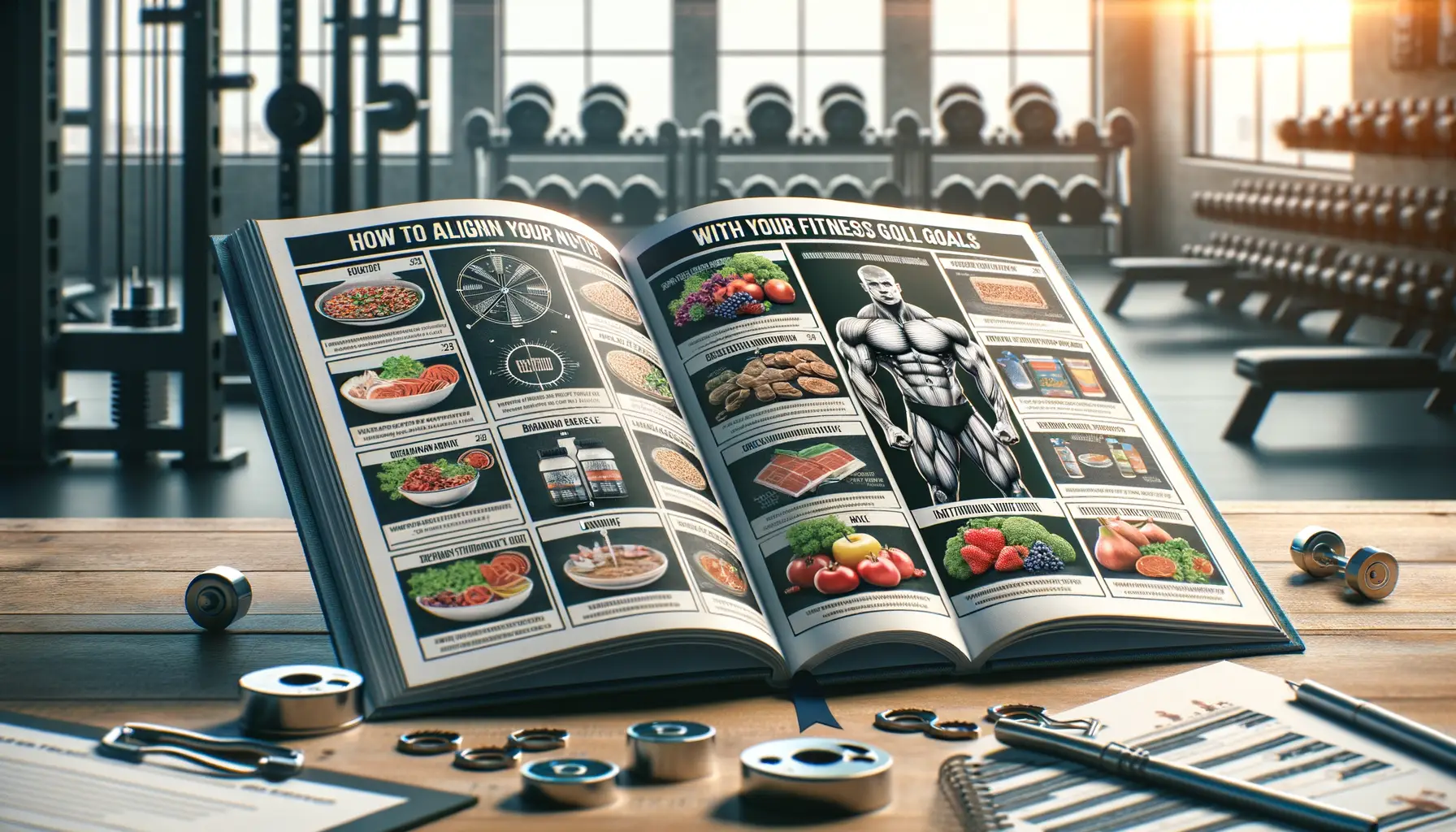
Fuel Your Workouts Like a Champion
Imagine this: your body is a high-performance car. Would you pump it full of cheap gas and expect it to win a race? Of course not! To hit your fitness goals, whether it’s crushing personal records at the gym or making it through that intense spin class, you need to give your body high-quality fuel.
Start by matching your nutrition to the type of workout you’re doing. Are you into heavy lifting? Focus on protein-rich foods like grilled chicken or plant-based options like lentils to help repair muscles post-sweat-session. On cardio-heavy days, prioritize complex carbs—think whole-grain pasta or sweet potatoes—to keep your energy steady.
Feeling overwhelmed? Here’s a cheat sheet for daily food swaps:
- Replace sugary snacks with a handful of nuts—hello, healthy fats!
- Switch out white rice for quinoa for extra protein and fiber.
- Craving soda? Opt for sparkling water with a splash of lime instead.
Listen to Your Body—It Knows Best
Here’s the thing: no two bodies are exactly alike. What works for your gym buddy might not work for you, and that’s perfectly fine. If your energy levels tank halfway through a workout, it could be your body’s way of asking for more pre-workout carbs. Feeling bloated or sluggish? You might need to tweak your fiber intake or focus on hydration.
And don’t underestimate the power of timing. Eat too close to a workout, and you might feel weighed down; eat too far ahead, and you’re running on fumes. Experiment and pay attention to cues—your body is basically sending you texts 24/7. Listen closely, and you’ll find its perfect rhythm.
Common Nutrition Mistakes to Avoid in Fitness
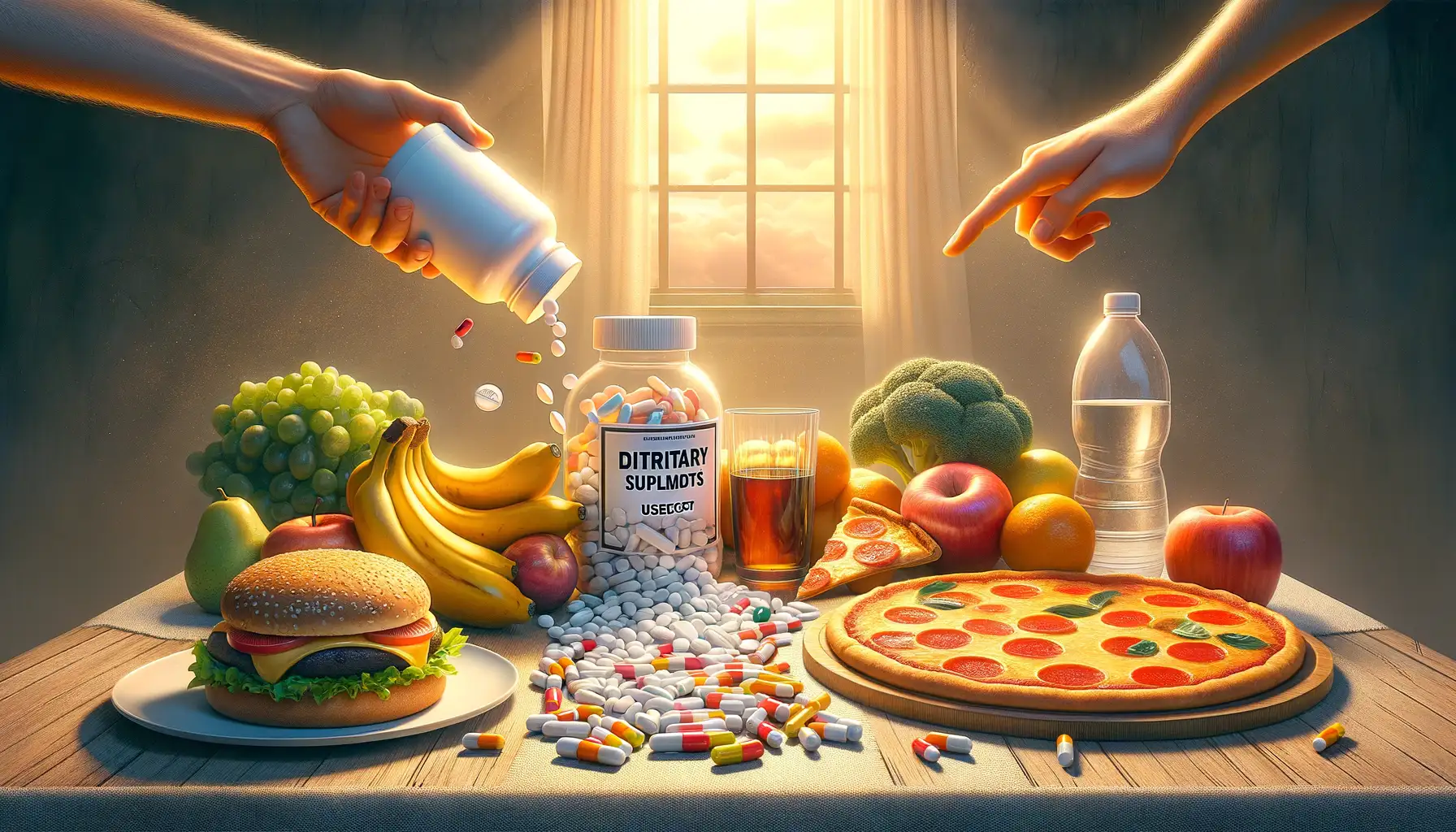
Misunderstanding the Power of Protein
Are you giving protein the role it deserves in your fitness journey? Think of protein as the building blocks for muscle recovery and growth. Skimping on it might leave you spinning your wheels, especially after a grueling workout. But here’s the other side of the coin—eating *too much* protein while ignoring carbs and fats can be like trying to build a house with just bricks and no mortar. Balance matters!
Common pitfalls:
- Skipping protein after workouts (hello, missed recovery opportunities!).
- Relying solely on powders instead of real, nutrient-rich food.
- Assuming plant-based proteins don’t “count.” Spoiler: they do, when combined correctly!
The Carb Conundrum: Friend or Foe?
Here’s the deal: carbs are not evil. In fact, they’re often the unsung heroes of sustained energy, especially during intense training sessions. The mistake? Either cutting them out entirely (*low-energy disaster incoming*) or leaning on refined carbs like sugary snacks and white bread.
Imagine this: you’re gearing up for leg day, but without enough carbs, it’s like trying to drive a car with no fuel. On the flip side, indulging in too many low-nutrient treats can throw off your progress. Instead, opt for complex carbs like sweet potatoes, oats, and brown rice—they’ll keep you powered up and feeling unstoppable.
Tips for Building a Sustainable Nutrition Plan
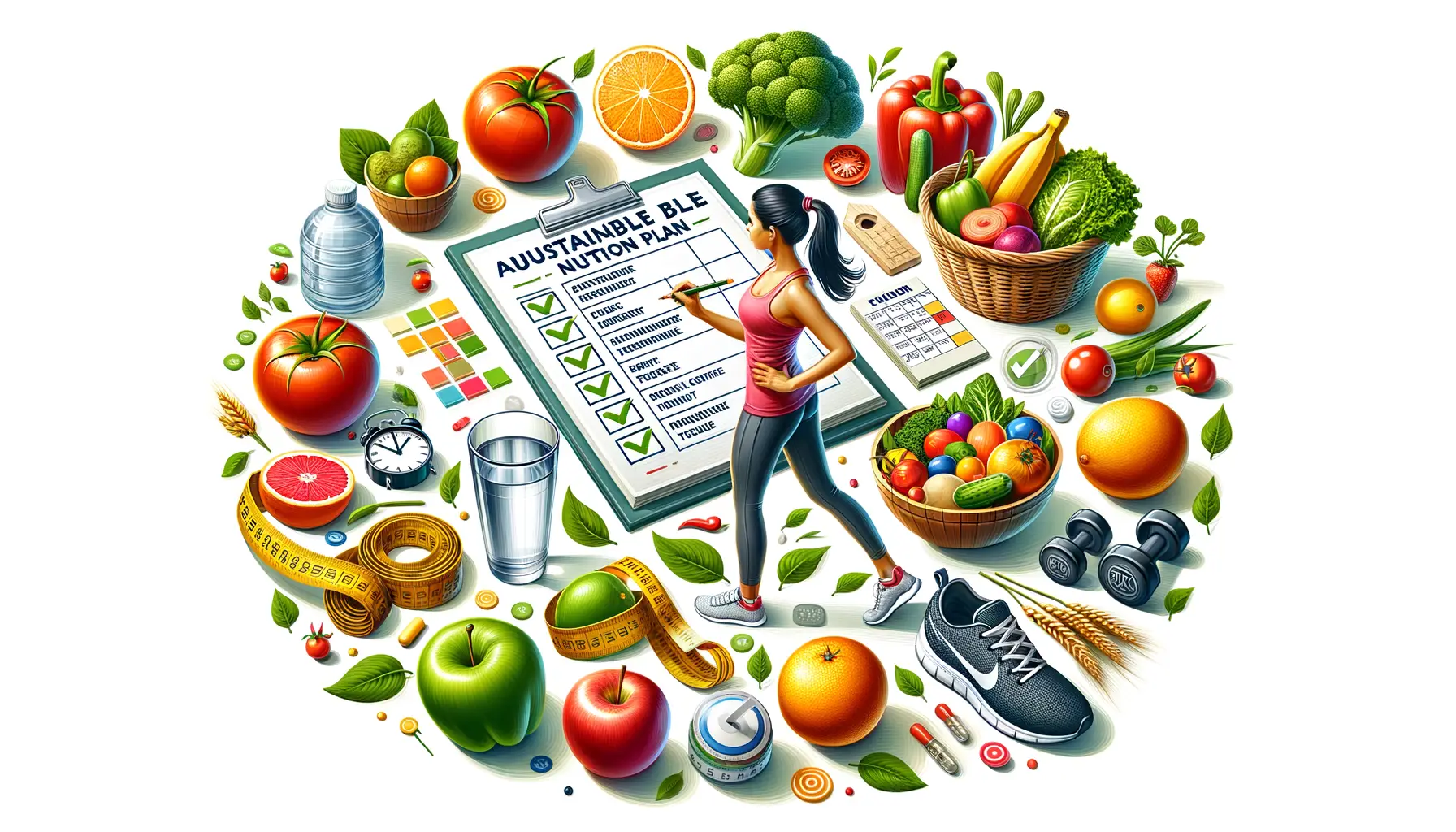
Fuel Your Fitness Journey with Purpose and Balance
You wouldn’t put cheap fuel into a high-performance car, so why treat your body any differently? Building a sustainable nutrition plan is all about finding that sweet spot between nourishment and enjoyment—because no one wants to dread their meals! Start by asking yourself: what does my body truly need to power through workouts and recover like a champ?
Here’s the secret sauce: balance. Think of your plate as a rainbow. Not for Instagram-worthy aesthetics, but because colorful foods like leafy greens, vibrant berries, and golden sweet potatoes are loaded with the vitamins and antioxidants your muscles crave. And don’t skimp on healthy fats like creamy avocado or crunchy nuts—they’re the backstage crew keeping your hormones happy and energy levels steady.
Pro-tip: Don’t try to overhaul your life overnight. Instead, focus on small, sustainable steps:
- Experiment with meal prepping for busy weeks.
- Snack smarter with options like Greek yogurt or a handful of almonds.
- Hydrate like it’s your job—because water is the MVP of nutrient absorption.
Once you find what works, your nutrition plan won’t feel like a chore. It’ll feel like self-care, supercharged.
You may also like
Latest Articles
- Modern Rarities: Premium-Appraised Quarters Released in 2020s
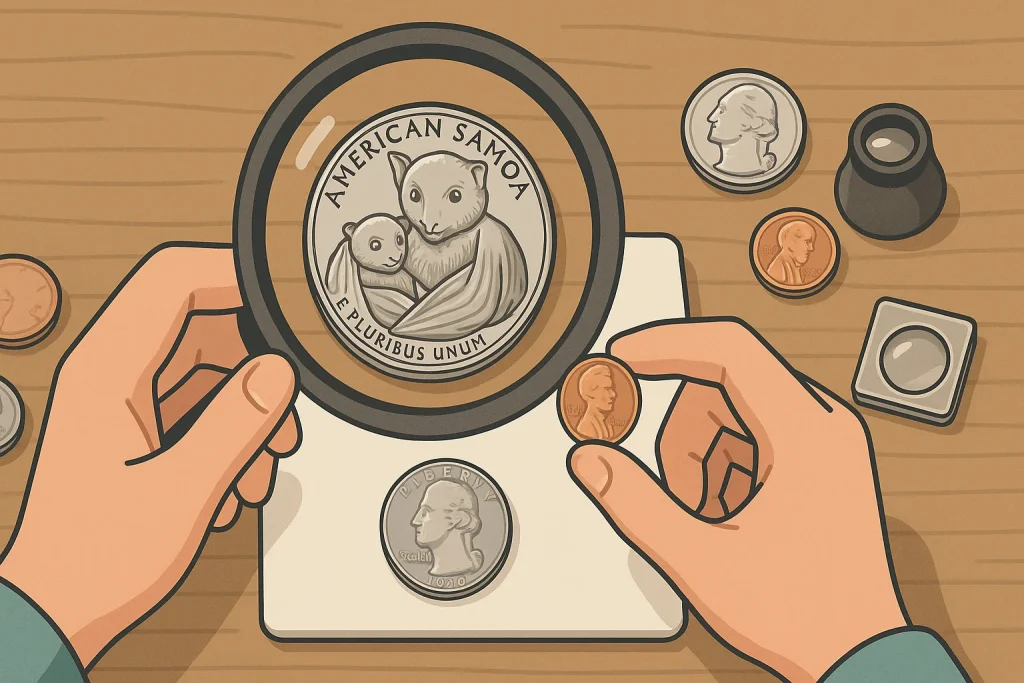
- Old Age Is a Joy Nowadays: Free Games That Will Help to Boost Your Memory

- The Historical Significance of Coins Depicting Sports
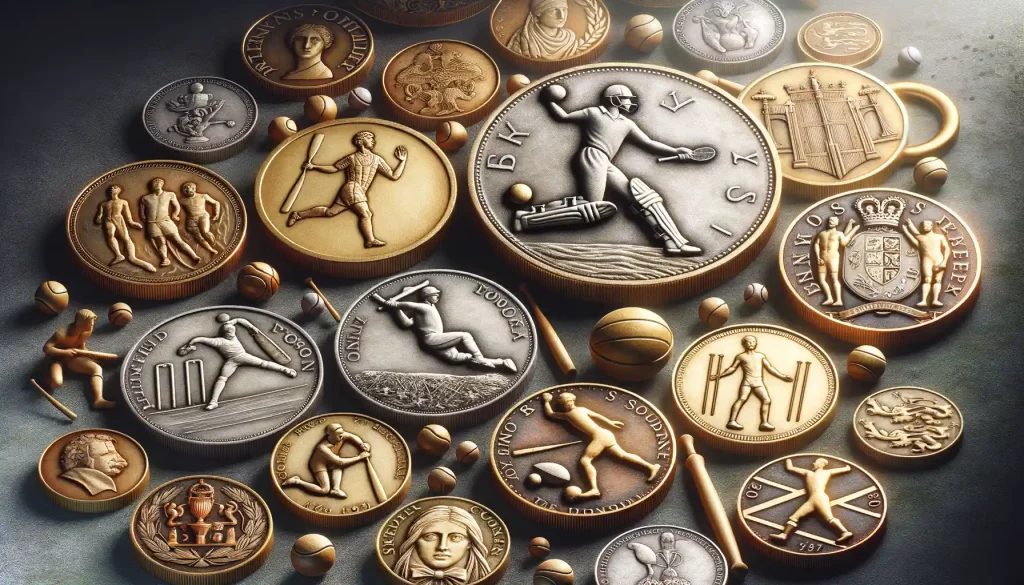
- Mental Training for the Self: How to Stay You Without Disappearing in Others

- Why Strength and Conditioning Are Vital for Athletes

Calendar
| M | T | W | T | F | S | S |
|---|---|---|---|---|---|---|
| 1 | 2 | |||||
| 3 | 4 | 5 | 6 | 7 | 8 | 9 |
| 10 | 11 | 12 | 13 | 14 | 15 | 16 |
| 17 | 18 | 19 | 20 | 21 | 22 | 23 |
| 24 | 25 | 26 | 27 | 28 | 29 | 30 |
